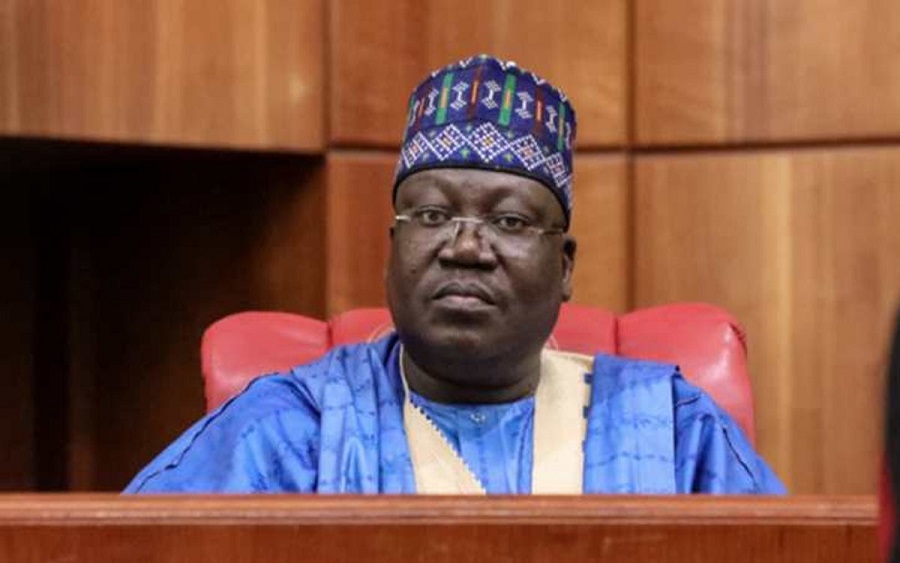After the delay in passing the 2019 Finance Bill due to supremacy battle between the Senate and House of Representatives, the National Assembly has forwarded the bill to President Muhammadu Buhari for his assent.
This is coming days after the Minister of Finance, Aisha Ahmad disclosed that the Finance Bill would be received by the Presidency before the weekend. The bill also known as Tax and Fiscal Law (Amendment) Bill, was transmitted on Friday, December 20, 2019.
Nairametrics had reported that the Finance Bill is a new tax regime by the Federal Government to raise capital to fund the 2020 Budget. It would be revised yearly as the Federal Government is planning to grow the ratio of revenue to Gross Domestic Product (GDP) from 6% to 15% by 2023, with a greater percentage of revenue coming from non-oil sources.
An official in the Presidency stated that, “It was transmitted today (Friday). Relevant stakeholders worked all night to ensure that the Presidency gets it today before lawmakers will embark on Christmas and New Year break.”
National Assembly supremacy battle: The Committee of the House of Representatives on Finance had boycotted a joint public hearing with the Senate in November 2019. Reps members were reportedly not carried along by members of the Senate regarding the proposed public hearing. This led to anger and resentment on the part of the members of the Finance Committee of the House of Representatives.
It was learnt that members of the House of Representatives chose to boycott the joint hearing because they were informed late after news of the hearing had widely circulated in the media. They considered such action disrespectful.
[READ MORE: Finance Bill to use banks as agents to tax Nigerians)
What you need to know: The Presidency seeks to increase its revenue from sources, therefore, requested the amendment of the Petroleum Profit Tax Act, Customs and Excise Tariff Act, Company Income Tax Act, Personal Income Tax Act, Value Added Tax, Stamp Duties Act and the Capital Gains Tax.
The bill also seeks to ensure Nigerians without tax identification number are unable to operate bank accounts. This means bank account holders without tax verification might see their account deactivated. It’s unclear when this will take effect as the Finance Minister ruled out early 2020.
While this tax reform is trailed by depleted views, the Chairman of the House Committee on Finance, James Faleke, said the Finance Bill has its benefit as well.
“Small businesses with turnover less than N25 million to be exempted from Companies Income Tax; a lower CIT rate of 20% to apply to medium-sized companies with turnover between N25 million and N100 million.
“Commencement and cessation rules modified to eliminate overlaps and gaps to avoid double taxation and complication during commencement; minimum tax provisions amended to 0.5% of turnover and exemption only apply to small companies (less than N25m turnover), so non-resident companies will now pay minimum tax.
“Insurance companies can now carry forward tax losses indefinitely, deduct reserve for unexpired risks on time apportionment bases, while special minimum tax for insurance has been abolished.”
